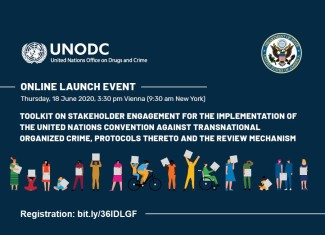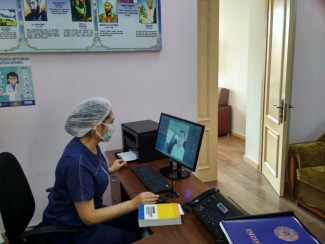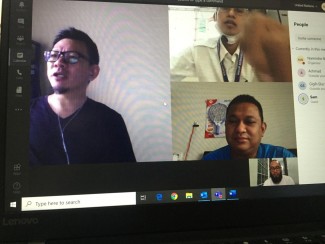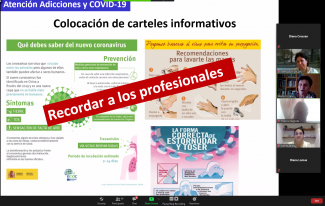Visi Strategis UNODC untuk Afrika 2020-2030
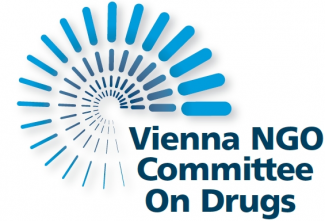

Established in 1997 through a merger between the United Nations Drug Control Programme and the Centre for International Crime Prevention, UNODC is mandated to assist Member States in addressing the issues of drugs, crime and terrorism. Working in cooperation with our partners and through our network of field offices, UNODC helps Member States facing urgent problems including smuggling of migrants and trafficking in persons, wildlife crime, maritime crime, cybercrime and trafficking in illicit drugs, firearms and cultural property. Further, UNODC seeks to combat corruption, reinforce efforts to prevent and counter terrorism, and enhance alternative development and access to controlled substances for medical purposes, promote evidence-based approaches to drug use prevention, treatment and rehabilitation, as well as HIV and AIDS. The Office has a strong collaboration with the World Health Organization (WHO) and the Joint United Nations Programme on HIV/AIDS (UNAIDS) to reinforce the need to put public health at the core of all responses to the world drug problem.
The three pillars of the UNODC work programme are:

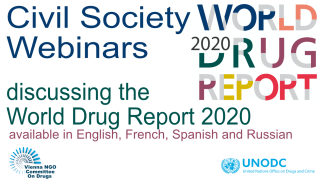
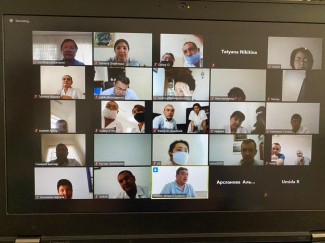
Dalam konteks proyek Tim Masyarakat Sipil UNODC "Keterlibatan Pemangku Kepentingan untuk Konvensi PBB melawan Kejahatan Terorganisir Transnasional (UNTOC) - SE4U, Mekanisme Peninjauannya dan kegiatan terkait," Lokakarya Penilaian Kebutuhan diselenggarakan pada Oktober 2019 untuk Organisasi Non-Pemerintah (LSM), akademisi, dan sektor swasta, untuk mengidentifikasi lanskap pemangku kepentingan terkait, kebutuhan dan pemahaman mereka tentang pera
